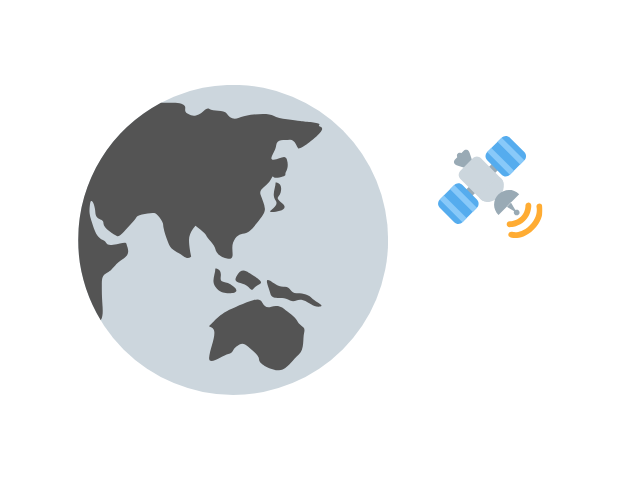Horizon 2020-Funded EPIC Project Releases Policy Recommendations for the Future of Singapore Europe Earth Observation Research Cooperation
This week, the Horizon 2020-funded EPIC project released the second in a series of policy briefs providing policy makers in the European Commission (EC), as well as in the project partner countries of Australia, Singapore and New Zealand, with an update on the state-of-play of ICT cooperation as relates to the EC’s actions. The publication, entitled ‘The Future of Singapore-Europe Earth Observation Research Cooperation’, has been drafted to inform both EU and Singaporean spatial intelligence policy stakeholders. The brief first describes the deep transformation currently underway in the space sector, particularly in the areas of sensing and spatial intelligence. It then delves into the potential for European satellite data in Singapore, for instance that provided by the Copernicus space infrastructure, before discussing the drivers of research and innovation in this area, including the challenges faced, and further, how to boost cooperation between the two regions. Finally, it provides a concise list of joint recommendations for how Singapore and the EU can develop cooperation in the realm of Earth observation. The full document is openly available and can be accessed at https://bit.ly/2NhF6hV The brief was the result of a lengthy process which included several rounds of stakeholder discussions. Amongst the many authors and contributors were Tan Chee Seng and Ashok Kumar Marath from the Singapore-based EPIC consortium partner A*STAR I²R, Dr Hermann Klug from the Universität Salzburg, Assistant Professor Amal Chandran from Singapore’s Nanyang Technological University, Georg Melzer-Venturi, a partner from eutema Technology Management and EPIC coordinator and Austria-based technology consultant Erich Prem, who said: “There is an obvious trend towards spatial intelligence and its use in virtually all sectors of the economy, from agriculture to tourism, and from emergency response to quality of life.” While the policy briefs are prepared as part of the EPIC project, the views expressed therein are solely those of the authors and not of the EC or its services. In addition to providing future oriented recommendations for policy makers, the EPIC policy brief series will provide insights into the main challenges and previous successes in the selected topic areas based on input from the EPIC consortium members, interviews with researchers and previous results and findings. Target audiences include research policy advisers and research counsellors in Brussels, R&D policy makers in the corresponding ministries and departments in the partner countries, top researchers and research managers from leading research organizations, and ICT industry associations. On the European side, this further includes the European Commission (DG Research and DG Connect), support networks for international research cooperation (such as NCPs and IDEALIST), European ICT research organizations (ERCIM), and EU industry associations including EC bodies (JTIs and ETPs). First Initiated in September 2017, EPIC, following an extensive rollout, is now entering its final months and is thus well-positioned to provide policy recommendations based on project findings and results. EPIC is aimed at improving cooperation in the area of information and communication technologies between Europe and the three partner countries Australia, New Zealand and Singapore. The project is funded by the European Union’s Horizon 2020 Research and Innovation programme (ICT) under Grant Agreement No. 687794. To learn more about the EPIC project, or to view upcoming events, visit www.epicproject.eu. Currently, EPIC is the only EU support action targeting ICT research cooperation with Australia, New Zealand and Singapore.
Keywords
Earth Observation, Singapore, ICT, Spatial Intelligence, Policy Recommendations



